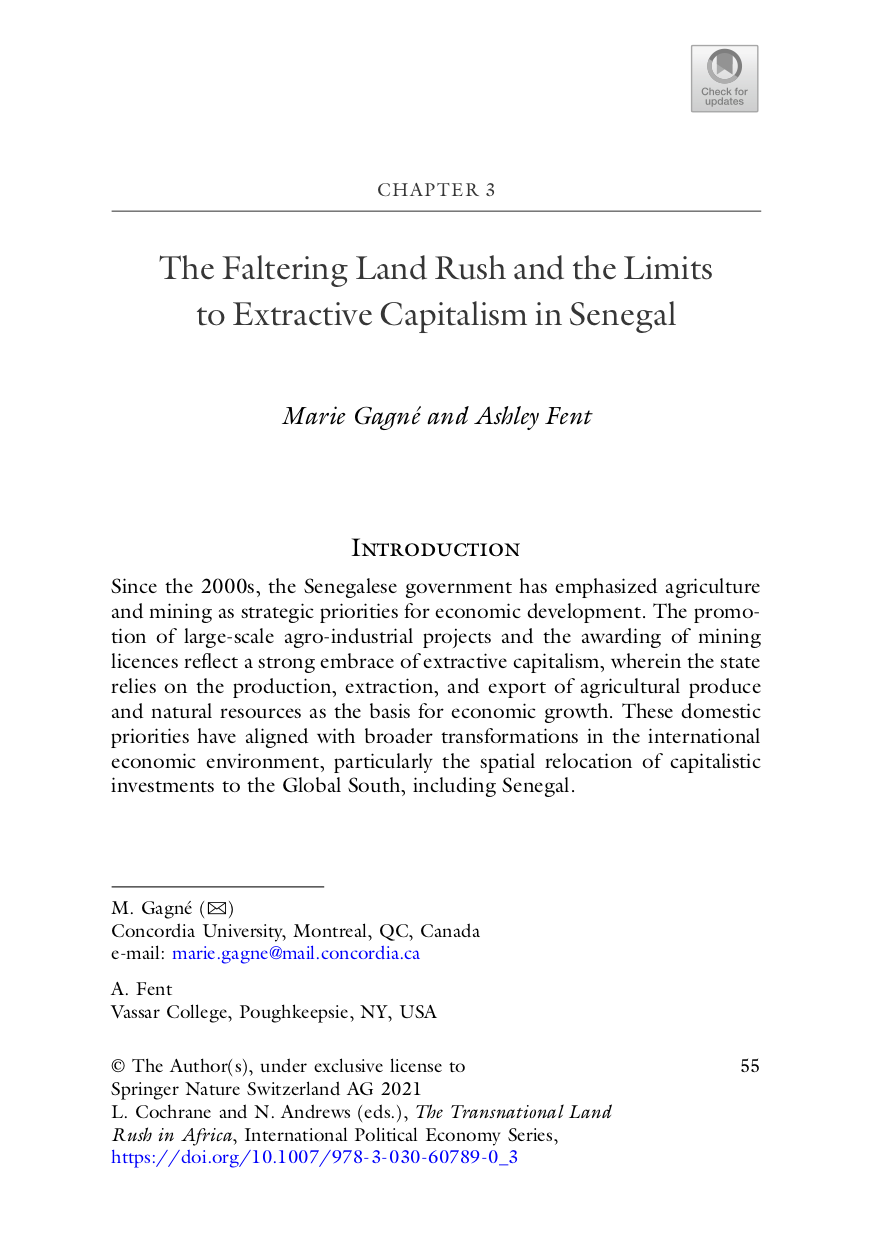We publish award-winning research which changes the world across the humanities, social sciences and business for academics, professionals and librarians. We offer authors and readers the very best in academic content whilst also supporting the community with innovative new formats and tools.
With offices in London, New York and Shanghai, and sales teams across 50 countries, we have a global reach. As part of Springer Nature, we are proud to uphold an unbroken tradition of over 170 years of academic publishing.
Members:
Resources
Displaying 1 - 5 of 11Land Tenure Security and Sustainable Development
This chapter explores how land tenure impacts households’ resilience and adaptive capacity in the face of a changing climate. Following a review of the ways in which climate change adds pressure to land availability and natural resources, the chapter highlights how land tenure can constrain individuals’ options to adapt to shifting environmental conditions.
Land Tenure Security and Sustainable Development
Land tenure security has come to the forefront of the sustainable development agenda in recent years. In part this is due to its foundational and fundamental nature. Ways to manage and allocate rights over resources, and our relationships to it, are some of the first ‘commons’ issues fledgling societies face. The ripple effects of land tenure security are now widely recognized as having implications for not just the way natural resources are managed, but also for household income and investment, well-being, and health. (excerpt from Forward).
The Faltering Land Rush and the Limits to Extractive Capitalism in Senegal
The Senegalese government has emphasized agriculture and mining as strategic priorities for economic development since the 2000s. The promotion of large-scale agro-industrial and mining projects reflects a strong embrace of extractive capitalism, wherein the state relies on the production, extraction, and export of agricultural produce and natural resources as the basis for growth. Despite this policy commitment, several high-profile projects in these sectors have not materialised due to project failure, delay, or abandonment.
Peacebuilding and Natural Resource Governance After Armed Conflict
This book argues that a set of persuasive narratives about the links between natural resource, armed conflict and peacebuilding have strongly influenced the natural resource interventions pursued by international peacebuilders. The author shows how international peacebuilders active in Liberia and Sierra Leone pursued a collective strategy to transform “conflict resources” into “peace resources” vis-à-vis a policy agenda that promoted “securitization” and “marketization” of natural resources.
No Growth without Equity? Inequality, Interests, and Competition in Mexico
In this introduction, the authors do three things. They first introduce the puzzle and relate it to existing interpretations from market reformists and their critics, arguing that both sets of views are inadequate. The authors then offer an alternative interpretation: that entrenched inequities sustained by a rent-sharing political equilibrium are a primary source of inefficiencies and weak growth. Moreover, this equilibrium has been resilient to democratization in ways that can be explained by the nature of the underlying forces.






